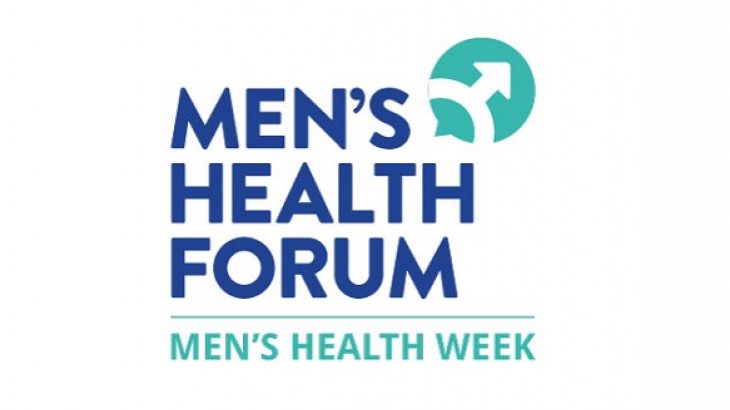Men’s Health Week

This week is Men’s Health Week, an annual programme which focuses on key areas of health that affect men in particular.
An important pillar of Men’s Health Week is to raise awareness of preventable health issues and encourage male colleagues to have the courage to seek professional advice for health-related problems.
Today we focus on mental health and how it’s ok not to be ok.
As part of our ongoing work to further support mental health awareness through our ‘Because Healthy Minds Matter’ activities we would encourage everyone to think about their own and others’ mental health.
Mental health issues, which range from depression and anxiety to conditions such as schizophrenia and bipolar disorder, affect around one in four people in any given year.
Poor mental health doesn’t discriminate, and can affect anyone regardless of gender, age or background. But seeing as this week is Men’s Health Week, let’s consider how poor mental wellbeing can affect men specifically.
Research and feedback tells us that it can be harder for men to be open and seek support for their own mental health conditions.
- Men report significantly lower life satisfaction than women – with those aged 45-59 reporting the lowest levels of life satisfaction (Source: ONS national well-being survey)
- Men are less likely to access support than women
- Male suicide rates remain consistently higher than female suicide rates across the UK, and suicide is the biggest cause of death for men under 35 (Source: ONS).
Outdated stereotypes of how men should deal with poor mental health still exist. This means that many men are not accessing support or even telling their closest family member or friends that they suffer poor mental health.
Projecting a ‘macho’ image can sometimes mean that mental health conditions are masked. Many of us will have heard the term ‘man-up’ which can be harmful in reinforcing such stereotypes.
Historically, men have felt they need to be strong, and silent when it comes to their emotions and that sharing feelings is a perceived sign of weakness. Over time high levels of stress can build up and become overwhelming, or a difficult life event such as a relationship breakdown or bereavement can feel unbearable and significantly affect men’s mental stability.
What we all need to do is to encourage male colleagues to be more open. Talking and ‘normalising’ mental health conversations will encourage more men to get support, which is the first step towards feeling better.
We urge anyone with a mental health concern to keep connected with family and friends and start talking to someone soon.
You can access support from your GP, health practitioner, a local mental health charity, such as Mind, Mental Health UK, The Samaritans and via our 24/7 First Class Support helpline 0800 688 8777 or www.rmgfirstclasssupport.co.uk.
The Feeling First Class wellbeing website can be found at: www.feelingfirstclass.co.uk (use code FFC1 to register).
Click here to see the full range of support available to you.



